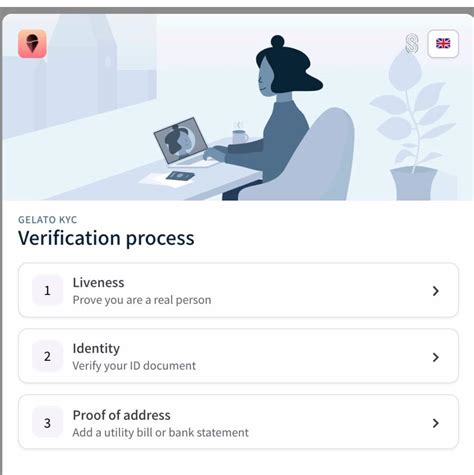CRYPTOCURRENCY
Token sale, KYC, Exchange Rate Risk
Navigating the Complex World of Cryptocurrency with a Token Sale and KYC
The world of cryptocurrency has come a long way since its inception in 2009. Once seen as a radical idea, it is now a major force in global finance. One of the most exciting developments in recent times has been the rise of token sales, where investors can purchase and own digital assets, such as cryptocurrencies like Bitcoin and Ethereum.
Token Sales: A New Frontier for Investors

Token sales offer a unique opportunity for individuals to invest in blockchain-based projects without having to hold physical assets. This model allows investors to participate in the creation and development of new technologies, while also potentially earning returns on their investment through dividends or transaction fees.
For example, the popular cryptocurrency exchange platform, Coinbase, has hosted several successful token sales since its inception. In 2017, for instance, it sold a portion of its outstanding shares to raise funds for the development of its mobile app. The sale generated over $100 million in revenue and helped establish Coinbase as one of the leading players in the industry.
KYC: Know Your Customer – A Crucial KYC Requirement
As the cryptocurrency market continues to grow, so too does the need for robust regulatory frameworks to ensure investor protection. One essential component of this framework is the Know-Your-Customer (KYC) requirement.
KYC is a critical process that involves verifying the identity and legitimacy of individuals or organizations engaging in financial transactions. In the context of cryptocurrency, KYC is often used to verify the ownership of digital assets, as well as the individual’s relationship with the seller.
Exchange Rate Risk: A Double-Edged Sword
When investing in cryptocurrencies, one of the most significant risks is exchange rate risk. Cryptocurrencies are priced in a fiat currency, and their value can fluctuate rapidly due to changes in market sentiment and economic conditions.
For example, Bitcoin has historically been pegged to the US dollar at 1:1, but its price has more than doubled since then. Similarly, Ethereum, another popular cryptocurrency, has seen its price rise from around $100 to over $5,000 in recent times.
Mitigating Exchange Rate Risk
While exchange rate risk is inherent to investing in cryptocurrencies, there are steps that can be taken to mitigate this risk:
- Diversification: Spread investments across multiple cryptocurrencies and asset classes to minimize exposure to any one particular cryptocurrency.
- Hedging: Consider using hedging strategies, such as futures contracts or options, to protect against potential price fluctuations.
- Stop-Loss Orders: Set stop-loss orders to automatically sell a position if the price falls below a certain level, limiting losses.
Conclusion
The world of cryptocurrency is rapidly evolving, and investors must be aware of the risks involved. Token sales offer a unique opportunity for investment in blockchain-based projects, but it’s essential to understand the KYC process and exchange rate risk before investing.
By taking a well-informed approach to these factors, investors can better navigate the complex world of cryptocurrencies and potentially maximize their returns on investment.
